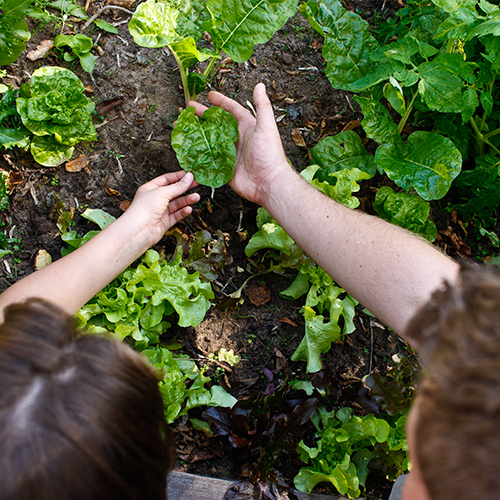 The conference "Green transformation and competitive advantage: Evidence from developing countries" was hosted by the German Development Institute/Deutsches Institut für Entwicklungspolitik (DIE), Green Growth Knowledge Platform (GGKP), and Gesellschaft für Internationale Zusammenarbeit (GIZ). It was held in 18 and 19 of June 2018 in Bonn, Germany.
The conference "Green transformation and competitive advantage: Evidence from developing countries" was hosted by the German Development Institute/Deutsches Institut für Entwicklungspolitik (DIE), Green Growth Knowledge Platform (GGKP), and Gesellschaft für Internationale Zusammenarbeit (GIZ). It was held in 18 and 19 of June 2018 in Bonn, Germany.
The discussion surrounds topics such as how developing countries seem to be committing with more effort to decarbonizing its economies following the directives of the Paris Agreement. The objective was to show the co-benefits and costs of green transformations as an opposition to the ‘grow first and clean up later’ strategy.
In this Conference, Centro Clima’s researchers, Emilio Lèbre La Rovere, William Wills and Carolina Grottera, presented a talk on the economic and social co-benefits and costs of a green transformation in Brazil. The presentation reveals the economic implications of low-carbon scenarios, such as impacts on GDP, inflation, public debt, trade balance, energy-intensive industry competitiveness, and the social implications as well, such as employment, consumption of low-income classes and income distribution.
Analyzing the IES-Brazil Project, which studies the economic and social implications for Brazil of adopting low carbon scenarios, the researchers concluded that:
1. The transition to a low carbon economy can be done with only minor negative economic and social implications in the Brazilian case if appropriate policies are pursued;
2. Under low GDP growth rates and with a long period of a high carbon price the negative social impacts may be slightly regressive, requiring appropriate compensation measures to protect the poor;
3. Even with a great mitigation potential at low costs the challenge of financing the additional investment required in low carbon scenarios is huge due to much higher upfront costs, requiring: appropriate regulatory framework to reduce risks of investing in low carbon infrastructure; and access to capital markets at fair conditions;
4. International cooperation is required to stimulate emerging economies like Brazil to embark on the transition to a low carbon economy.
Check out the presentation “Economic and social co-benefits and costs of a green transformation in Brazil” here
For more information, click here



